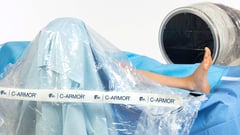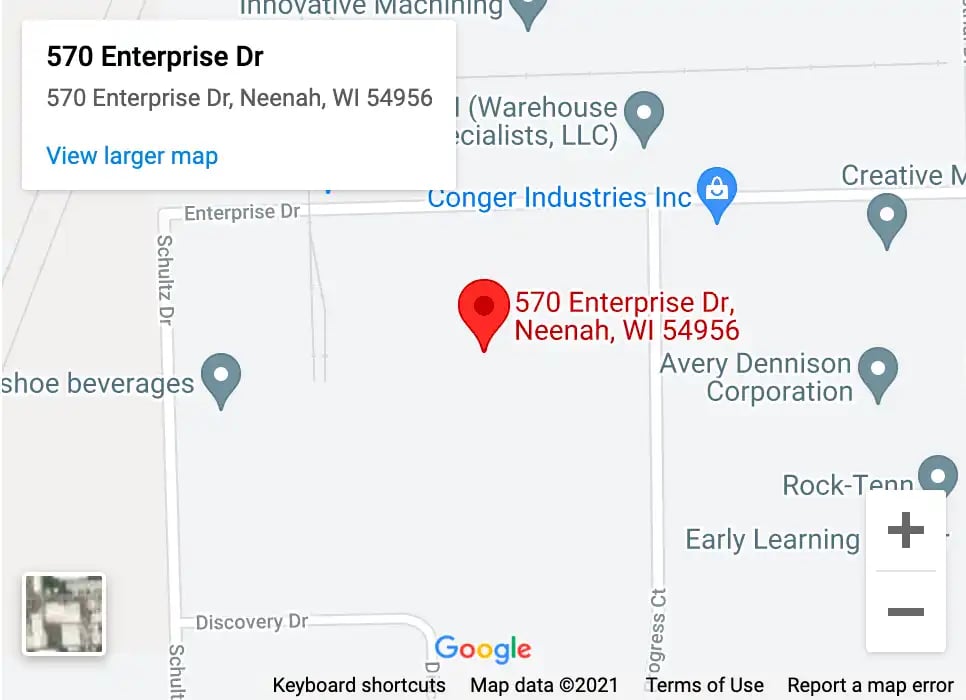Subscribe to Updates From TIDI Products
TIDI Customer Service: +1 800.521.1314
Email: excellence@tidiproducts.com
OUR LOCATION
570 Enterprise Drive
Neenah, WI 54956 USA
Phone: +1 920.751.4300
Toll-Free Fax: +1 800.837.7770
Fax: +1 920.751.4370
Subscribe to the TIDI Blog
TIDI Customer Service: +1 800.521.1314
Email: excellence@tidiproducts.com
OUR LOCATION
570 Enterprise Drive
Neenah, WI 54956 USA
Phone: +1 920.751.4300
Toll-Free Fax: +1 800.837.7770
Fax: +1 920.751.4370







